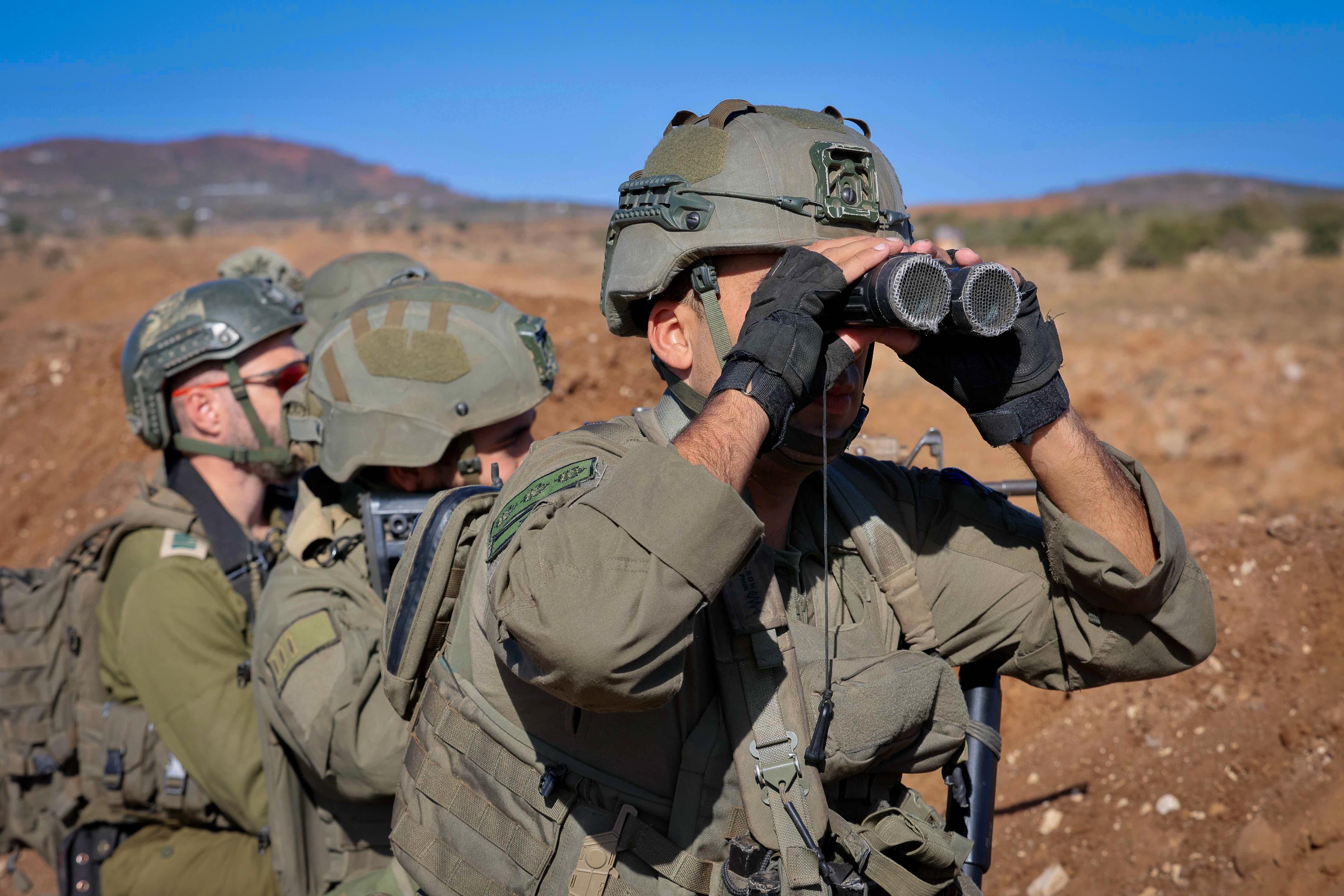A double-edged sword
Israel's Syrian dilemma: As Rebels advance, victory against Iran may birth new threats
Assad's grip on Syria loosens as Israeli strikes and Hezbollah's Lebanon focus create a perfect storm for the Syrian Rebel advance.

Israeli military planners are grappling with a complex new reality in Syria, where recent rebel victories present both opportunities and risks for regional stability, according to senior security officials and analysts.
The dramatic capture of Aleppo by Hayat Tahrir al-Sham (HTS), an Islamist group with historical ties to Al-Qaeda, and the Turkish-backed Syrian National Army (SNA) has disrupted Iran's "Axis of Resistance" but raised fresh security concerns for Israel. The rebel advance threatens to upend the delicate balance of power that has persisted through years of Syria's civil war.
"From Israel's perspective, this is a double-edged sword," said Avi Melamed, a former Israeli intelligence official and adviser to Prime Minister Ehud Olmert. "While the rebels' success weakens Iran and Hezbollah's position, the growing influence of HTS presents its own set of challenges."
The rebel offensive has been aided by two key factors: Israeli strikes against Iranian-backed forces and Hezbollah's redeployment of experienced commanders from Syria to Lebanon amid its ongoing conflict with Israel. This power vacuum has created an opening that opposition forces have quickly exploited.
"The rebels have been waiting with plans for a long time," said Lt. Col. (res.) Marco Moreno, formerly of the IDF's intelligence unit. "Once they saw that we had weakened Hezbollah in Lebanon – and in Syria – they seized the opportunity."
As fighting approaches the strategic city of Hama, Israeli security officials are increasingly concerned about the potential collapse of the Assad regime. "The fall of the regime could create chaos," warned Carmit Valensi of Tel Aviv's Institute for National Security Studies. "There won't be an address that Israel likes, whom you can hold a conversation with through military force or other methods."
For now, Israel appears likely to continue its targeted strikes against Hezbollah assets in Syria while carefully monitoring the rebel advance. On Tuesday, the IDF claimed responsibility for an airstrike near Damascus that killed Salman Jumaa, Hezbollah's liaison to the Syrian army, highlighting Israel's ongoing efforts to prevent the group from regaining its foothold.
"A situation in which another country on Israel's border falls into instability is disturbing and worrying," an Israeli official told Ha'aretz, speaking on condition of anonymity to discuss sensitive security matters. "We need to be ready for any possibility, including that the Assad regime falls and terror groups come to pose a new threat to Israel."
The Jewish Chronicle contributed to this article.